"Once a legendary coach who led his team to win the CBA championship three times, why is Min Lulei now being harshly criticized? Is he solely responsible for Beikong Men's Basketball's three consecutive losses?"
Beikong Men's Basketball's recent performance has been both loved and hated by fans. In the last game against Guangdong, they had a chance to win but collapsed in the last minute, losing by just one point.
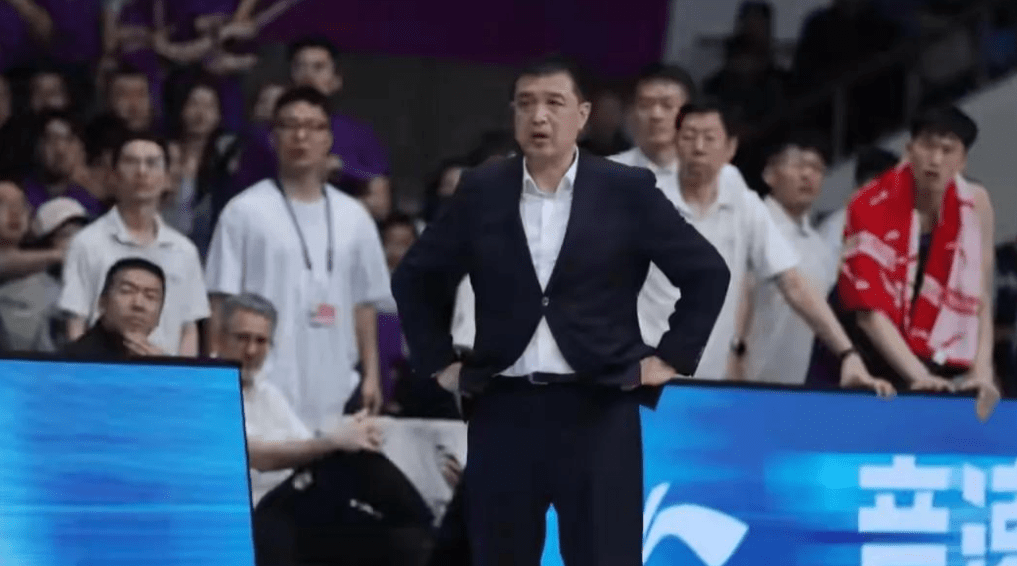
More heartbreaking than the loss is that this defeat has plunged Beikong into a three-game losing streak, with their ranking slipping from the top ten all the way down to 12th place, making the playoffs seem increasingly out of reach.
Fans have directed their anger at head coach Min Lulei, with some calling him "conservative and rigid" and others shouting for him to "step down immediately." It seems that this once-beloved champion coach, who once enchanted Beijing fans, has now become a major "burden" for Beikong. But is the truth really that simple?
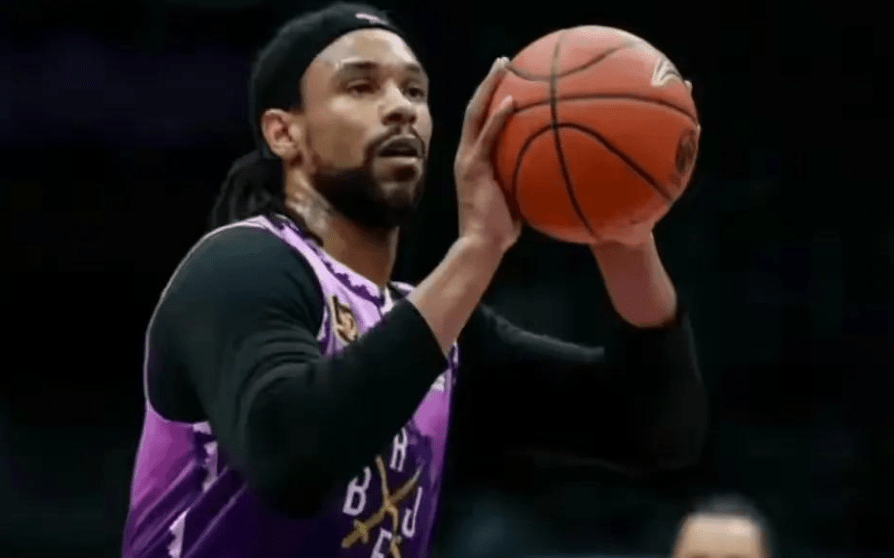
If you are familiar with the CBA, you must be familiar with Min Lulei. He is a meritorious coach of Beijing basketball, having led the Shougang men's basketball team to win the championship trophy three times, and is one of the symbolic figures of Beijing basketball.
In those days, his flexible tactical adjustments and trust in core players, such as fully utilizing the characteristics of players like Stephon Marbury and Sun Yue, made the Shougang team once the most dominant team in the CBA. However, this former famous coach is now the scapegoat for Beikong's poor record.

Looking at these three games, the criticism from the fans is not without basis. In the game against Guangdong, his substitution scheduling in the final moments was confusing: he sent in the inside player Salinger for defense, but Salinger's slow movement speed could not keep up with Guangdong's small lineup, instead being repeatedly broken through.
During the offensive phase, he put Chen Guohao, who is not known for scoring, on the court, wasting several excellent opportunities. These "mysterious moves" not only made the fans cover their faces in dismay, but even the commentators couldn't help but ask, "Coach Min, what are you planning?"
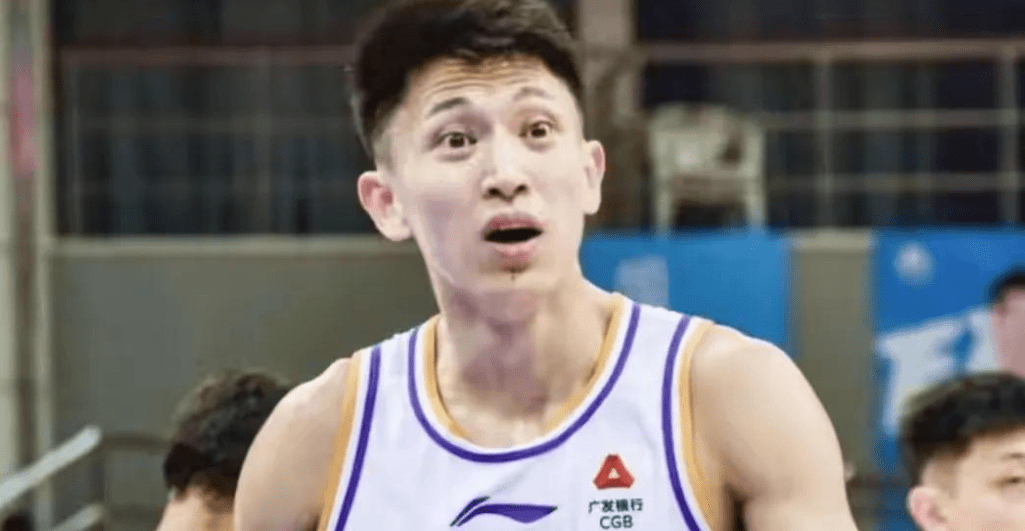
Even more unacceptable is his rigid use of the lineup. For example, Min Lulei overly relies on Liu Xiaoyu, even though the latter has obviously entered a period of poor form and fatigue, yet he still gives him an excessively long playing time;
On the contrary, Lin Yanting, who has performed well this season, has almost been benched. There's also Salinger, the foreign aid, who is clearly an "all-around warrior" capable of both offense and defense, but has been used as a "blue-collar laborer," causing his average statistics to plummet significantly.
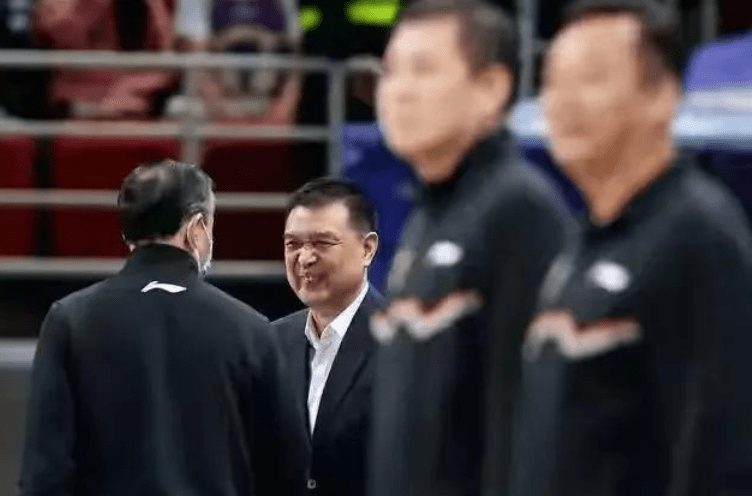
Chen Guohao's playing time has also sharply decreased, leaving the team's rotation system in chaos. Such a way of using players not only wastes the team's potential but also makes it easy for opponents to seize Beikong's tactical weaknesses.
However, if we only blame Min Lulei, it would be unfair. Beikong's overall state this season has not been satisfactory. Compared to last season, the team's morale has noticeably declined, and injuries have become an insurmountable obstacle.

For example, the injury problems of several key players have led to shortcomings in the rotation lineup, and Min Lulei can only use some "temporarily cobbled together" combinations to tough it out in the games, which has also affected the effectiveness of tactical execution to a certain extent.
Moreover, the coordination between foreign and domestic players has not been properly done. For instance, Salinger is frequently targeted on the offensive end, but other players have not stepped up to share the pressure with him.
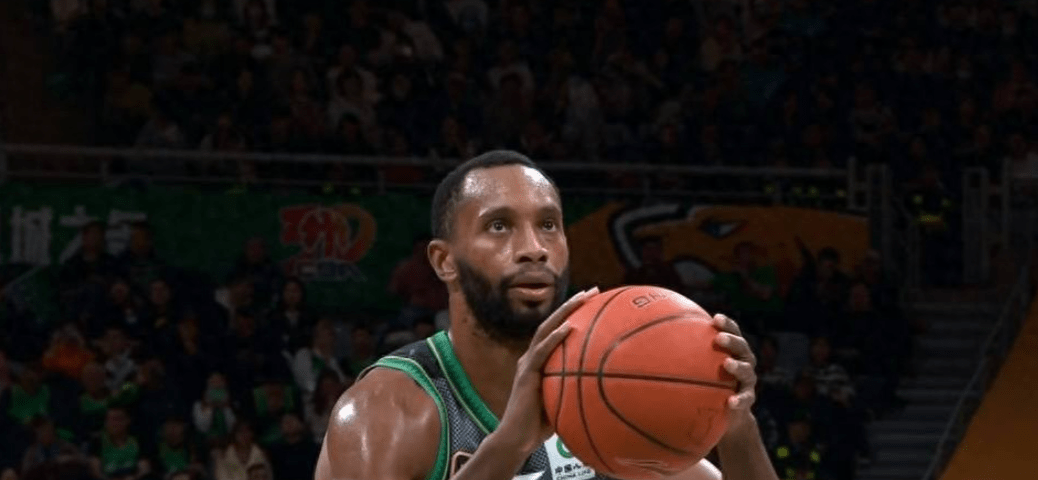
On the contrary, Guangdong's small foreign aid took the lead, wreaking havoc on Beikong's defense. This lack of chemistry between foreign and local players is ultimately a "systemic issue."
In fact, Min Lulei's problem is not just his own; it is a common dilemma faced by many "old-school coaches" in modern basketball. In the CBA, there are still many coaches like Min Lulei from the 60s generation, whose experience cannot be denied, but they are indeed somewhat out of touch with the new trends in basketball development.
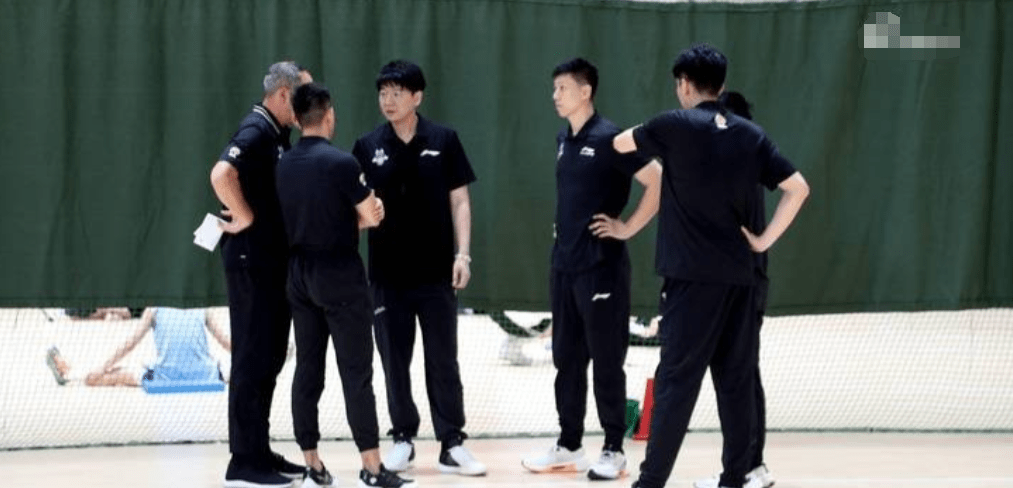
For example, younger coaches prefer to use data analysis to guide tactical adjustments, are better at tapping the potential of young players, and are more willing to try different tactical combinations.
Coaches like Wang Bo from Zhejiang and Liu Weiw from Guangsha have flexible and changeable coaching styles, daring to use people and willing to try new things. In contrast, Min Lulei's "experientialism" appears too rigid, which greatly reduces his coaching effectiveness.

Not only Min Lulei, but Xu Limin from Beijing Men's Basketball has also been heavily criticized for similar issues. He overly relied on core players in key games, neglected the role of substitute players, which eventually led to a single-minded tactic and missed victory opportunities. The difficulties faced by these two old-school coaches reflect some "generation gaps" in the current CBA coaching system.
The next "Capital Derby" between Beikong and Beijing will be a redemption match for both teams. For Beikong, this is a must-win game, not only concerning the ranking but also the morale.
If they lose the game, the calls for Min Lulei to step down will only grow louder. And for Beijing, this derby is also an opportunity for Xu Limin to save himself. The fate of both team coaches may change because of this game.
Looking back at past "Capital Derbies," every game was filled with tension. Fans hope this derby will bring a turning point, but whether Beikong and Beijing, in their current state, can live up to such expectations? This game is both a test and a watershed of destiny.
The dilemma of Beikong Men's Basketball is actually one of the problems that the entire CBA league needs to face. With the continuous updating of basketball concepts, elements such as data analysis, lineup flexibility, and the cultivation of young players are becoming increasingly important. However, some coaches in the CBA, especially the older ones, still rely on past experiences and tactics, which seem out of place with today's intense game rhythm.
To enhance the overall competitiveness of the league, it is necessary to increase the reform efforts in the coaching system, provide more opportunities for young and innovative-thinking coaches, and at the same time, conduct training to update the concepts of existing older coaches. This is not just an issue for Beikong Men's Basketball, but the general direction of CBA development.
Lastly, to say a word, the situation on the basketball court changes rapidly, and one game can alter the fate of the entire season, but to truly win the future, more effort must be put into concepts and execution.
(Disclaimer) The processes and pictures described in the article are all sourced from the internet. This article aims to promote positive social energy and does not contain any vulgar or inappropriate content. If there are any copyright or personal infringement issues, please contact us in time, and we will delete the content immediately! If there are any questionable parts of the event, we will delete or make changes after contacting us.